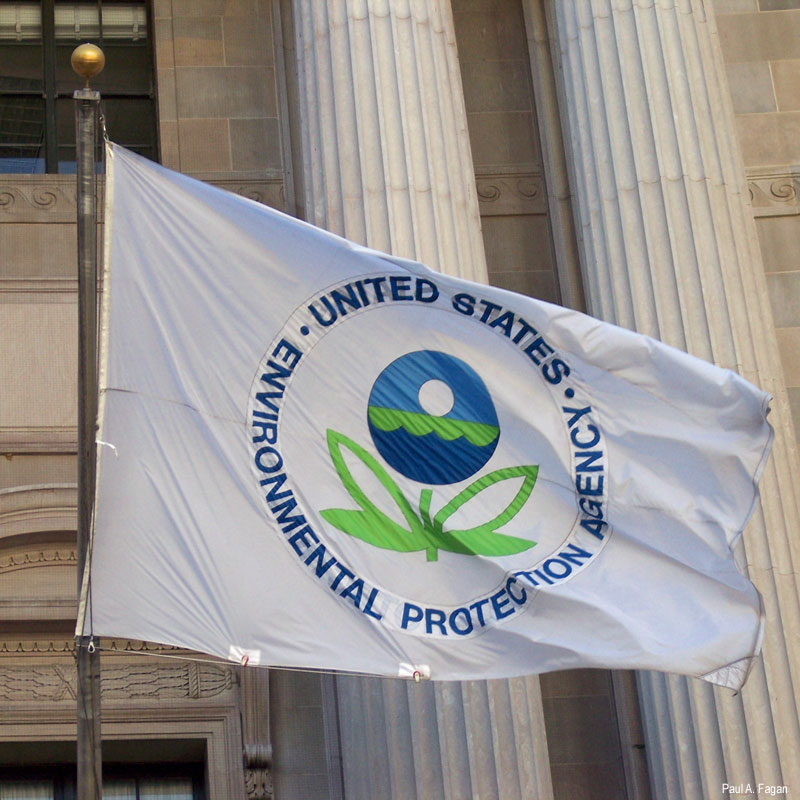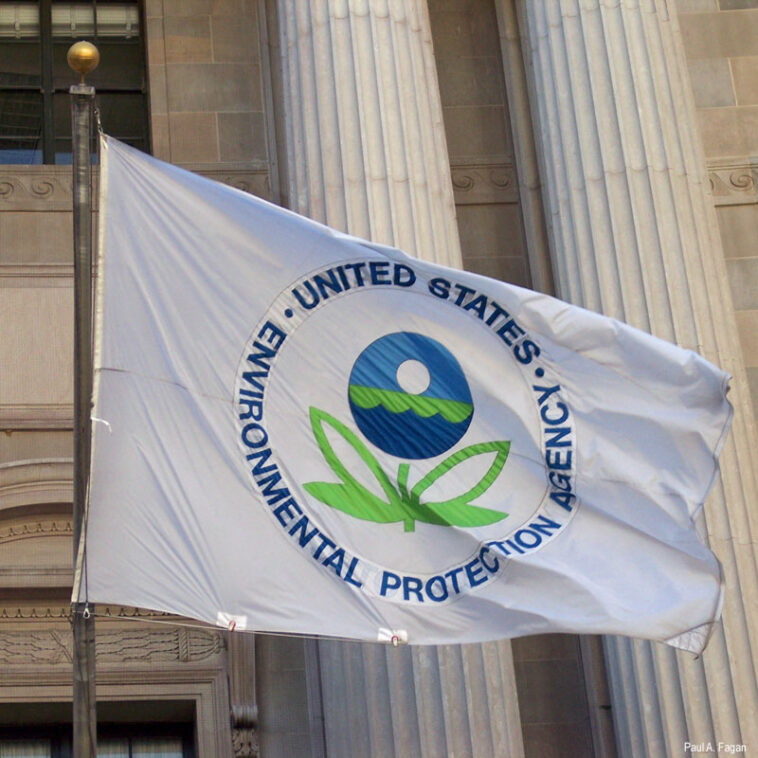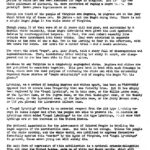
The Challenge of Hydrofluorocarbons and the American Innovation and Manufacturing Act of 2020
Introduction
The Environmental Protection Agency (EPA) is facing a lawsuit challenging its authority under the American Innovation and Manufacturing (AIM) Act of 2020. This law requires the phasing out of potent greenhouse gases known as hydrofluorocarbons (HFCs) that contribute to global warming. The EPA argues that the lawsuit should be dismissed, while RMS of Georgia, doing business as Choice Refrigerants, contends that a subsection of the AIM Act violates the US Constitution’s separation of powers principles. This case highlights the complex legal and policy issues surrounding efforts to address climate change and reduce greenhouse gas emissions.
The American Innovation and Manufacturing Act
The AIM Act was signed into law in December 2020 as part of the Consolidated Appropriations Act. The legislation requires the EPA to phase down the production and consumption of HFCs over the next 15 years, in line with the Kigali Amendment to the Montreal Protocol. HFCs are widely used in air conditioning and refrigeration systems but have a high global warming potential. The aim of the AIM Act is to reduce HFC emissions by over 80% by 2050, equivalent to avoiding the emissions of more than 4 billion metric tons of carbon dioxide by 2050.
The Lawsuit
On October 4th, 2021, RMS of Georgia, doing business as Choice Refrigerants, filed a lawsuit challenging a subsection of the AIM Act. The company argues that this provision gives the EPA too much power to regulate and phase out HFCs, which is an unconstitutional violation of the separation of powers. This provision allows the EPA to issue rules and regulations that may have significant economic impacts on companies that produce or use HFCs, without going through the normal rulemaking process under the Administrative Procedure Act (APA).
The Legal and Policy Issues
This lawsuit highlights the legal and policy issues surrounding efforts to address climate change and reduce greenhouse gas emissions. On the one hand, there is a growing consensus among scientists, policymakers, and the public that immediate action is needed to avoid the worst impacts of global warming. The AIM Act is a significant step towards reducing emissions of HFCs, which are a potent contributor to climate change. On the other hand, there are legitimate concerns about the economic impacts of regulations on companies that produce or use HFCs, as well as the broader issue of executive overreach and the separation of powers.
Conclusion
The legal and policy issues surrounding the American Innovation and Manufacturing Act of 2020 and its implementation by the Environmental Protection Agency are complex and will continue to be the subject of debate and litigation. While there are legitimate concerns about the economic and constitutional implications of the AIM Act, the scientific consensus is clear: action is needed to avoid the worst impacts of global warming. It is important that policymakers, industry, and civil society work together to find solutions that address these concerns while also advancing the urgent need to reduce greenhouse gas emissions.
Related long-tail keywords:
- Environmental Protection Agency authority under the AIM Act
- Hydrofluorocarbons (HFCs) and climate change
- Constitutional issues and the separation of powers
- Environmental regulations and economic impacts
- Legal and policy issues surrounding the AIM Act
Originally Post From https://news.bloomberglaw.com/environment-and-energy/epa-seeks-dismissal-of-suit-over-greenhouse-gas-phase-out-law
Read more about this topic at
Supreme Court Skips Challenge to EPA Air Endangerment …
Court to Rule if EPA PFAS Orders Mooted Plastic Maker’s …


